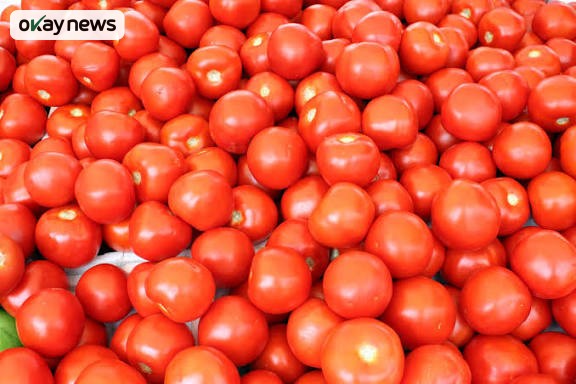The Federal Government has increased the Credit Risk Guarantee (CRG) for tomato crate financing to 75 percent under the Dutch-funded HortiNigeria Programme, a move expected to unlock over ₦500 million for Nigeria’s horticulture sector.
The announcement was made by Mohamed Selassie Idris, Country Representative of the International Fertilizer Development Center (IFDC) and Programme Director of HortiNigeria, during the 47th Regular Meeting of the National Council on Agriculture and Food Security (NCAFS) in Kaduna.
Idris explained that the CRG, which stood at 30 percent a year ago and later rose to 50 percent, has now been scaled up to 75 percent through collaboration with the Nigeria Incentive-Based Risk Sharing System for Agricultural Lending (NIRSAL).
He said the initiative would increase confidence among lenders, expand credit access for agribusinesses, and reduce post-harvest losses in the tomato value chain.
“This will strengthen the supply chain and enable more farmers and crate producers to access financing,” he said. “The use of plastic crates has proven to reduce tomato damage during transport from northern states to southern markets.”
According to Idris, the enhanced credit framework, supported by NIRSAL, will provide ₦500 million for the production and distribution of plastic crates to farmers in major tomato-producing states.
He added that the traditional raffia baskets used for transportation often cause up to 50 percent losses of tomatoes from states like Kaduna and Kano, but the introduction of plastic crates is reducing such waste.
Idris noted that the partnership between HortiNigeria, the Federal Ministry of Agriculture and Food Security, and the National Tomato Policy Committee aligns with reforms to modernise horticulture and promote sustainable practices.
Funded by the Embassy of the Netherlands, HortiNigeria is implemented by a consortium led by IFDC in partnership with East-West Seed Knowledge Transfer Foundation (EWS-KT), KIT Institute, and Wageningen University & Research (WUR).







